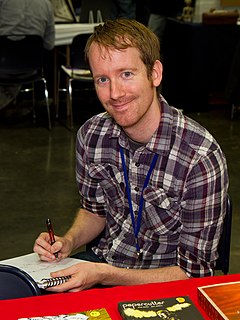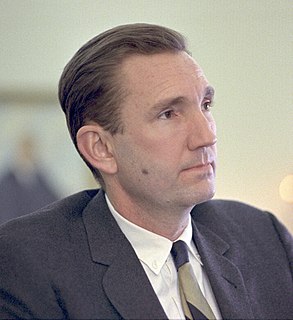A Quote by Andrew Aydin
Most students graduate from high school knowing nine words about the civil rights movement: Rosa Parks, Martin Luther King, and "I Have a Dream." And that's it!
Related Quotes
One of our priorities when doing "March" is to sort of undo what we feel is the disservice done by what we call the Nine Words Problem. Which is that most American kids, whatever they do learn about the movement, especially in school, is usually limited to Rosa Parks, Martin Luther King, "I Have a Dream." And so there's sort of a layer of unreality; there's not a sense of continuity.
That was exciting to be able to comment on civil rights. I mean, the civil rights movement that young people don't know about today, but Martin Luther King was considered by the establishment press in the early years of the sit-in movement as a dangerous man, and he was the equivalent at that time as Malcolm X. And he was told to stop his demonstrations; they were against the law and all of that. Now that he's sainted and sanctified we've forgotten.
Most Americans who made it past the fourth grade have a pretty good idea who Thurgood Marshall, Rosa Parks, and Martin Luther King, Jr., were. Not many Americans have even heard of Alice Paul, Howard W. Smith, and Martha Griffiths. But they played almost as big a role in the history of women’s rights as Marshall and King played in the history of civil rights for African-Americans. They gave women the handle to the door to economic opportunity, and nearly all the gains women have made in that sphere since the nineteen-sixties were made because of what they did.

































